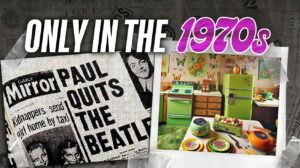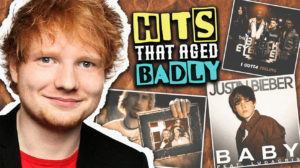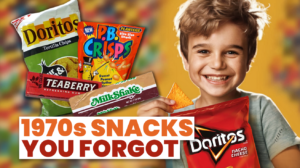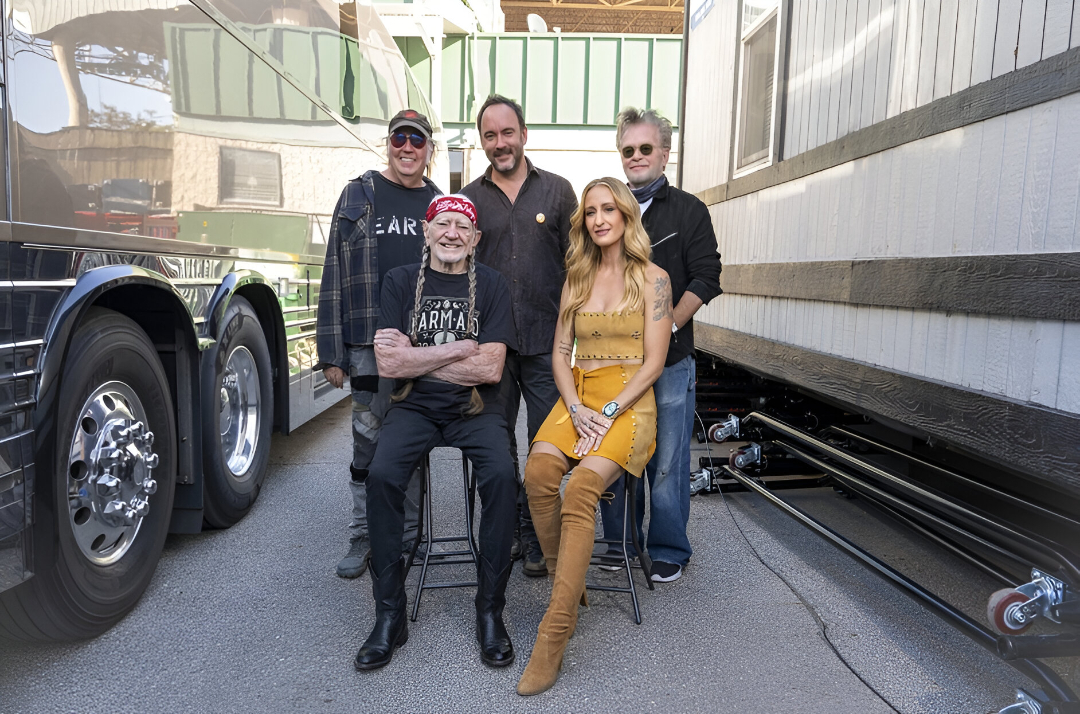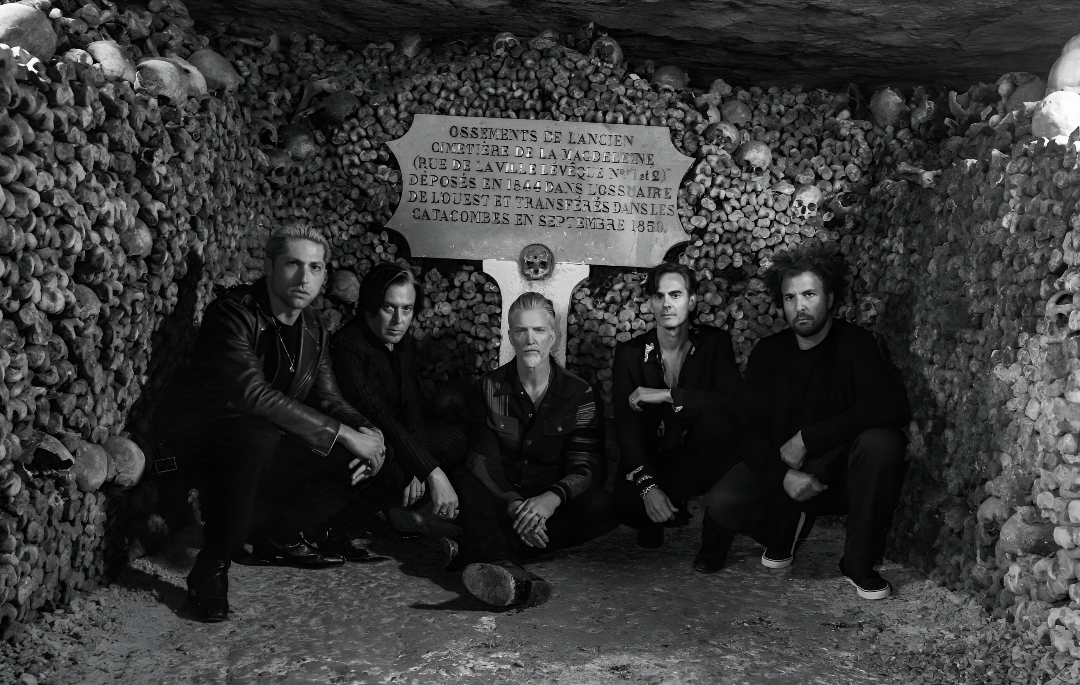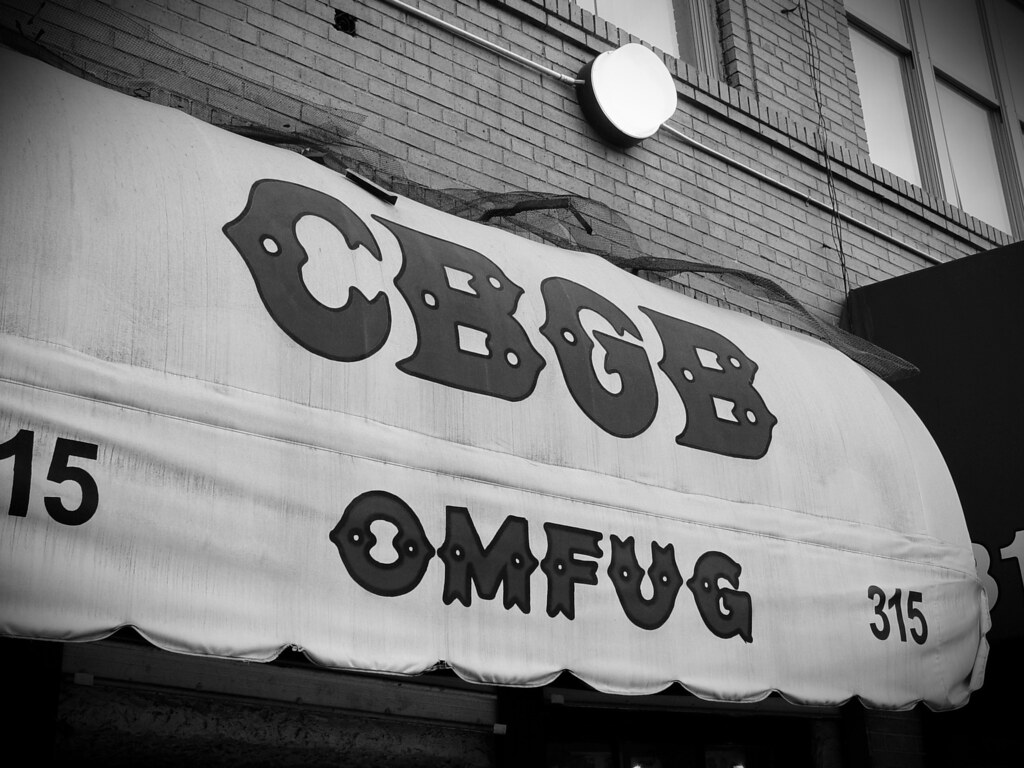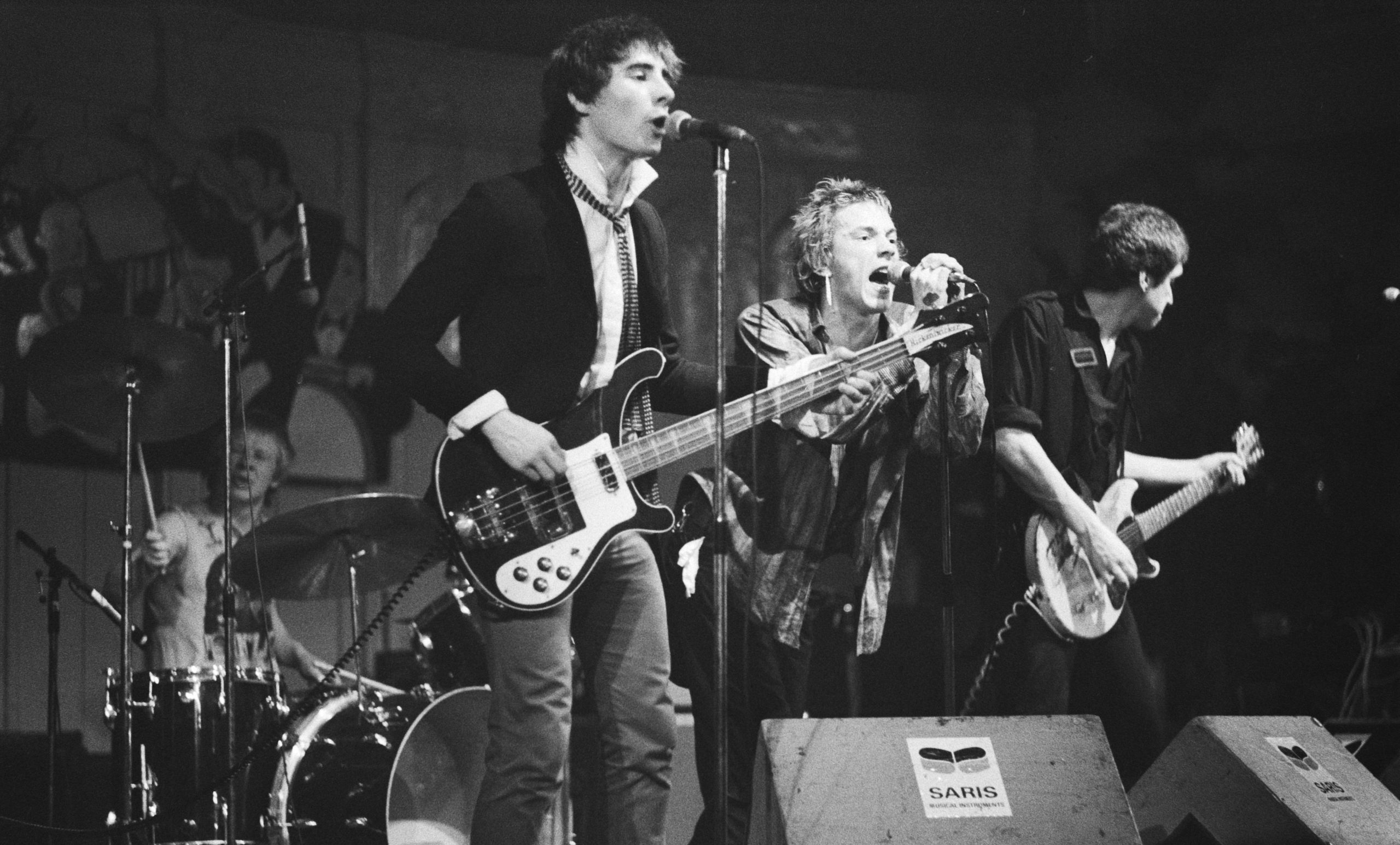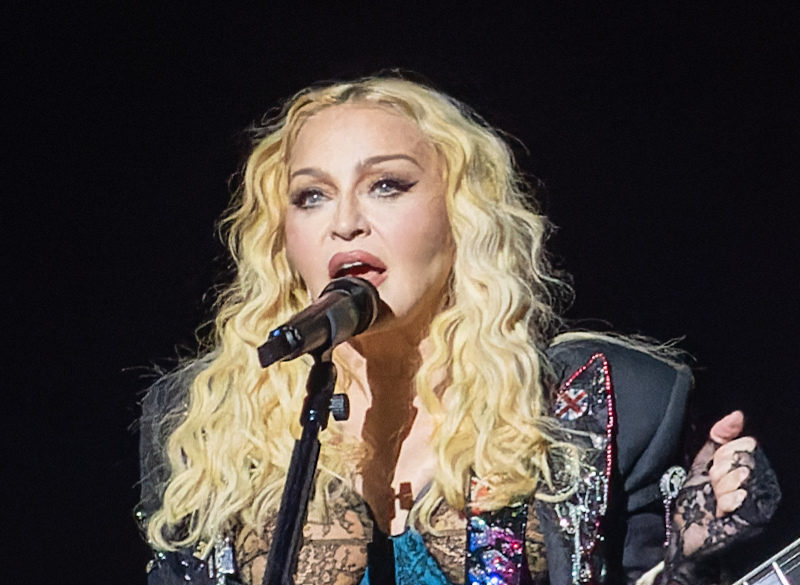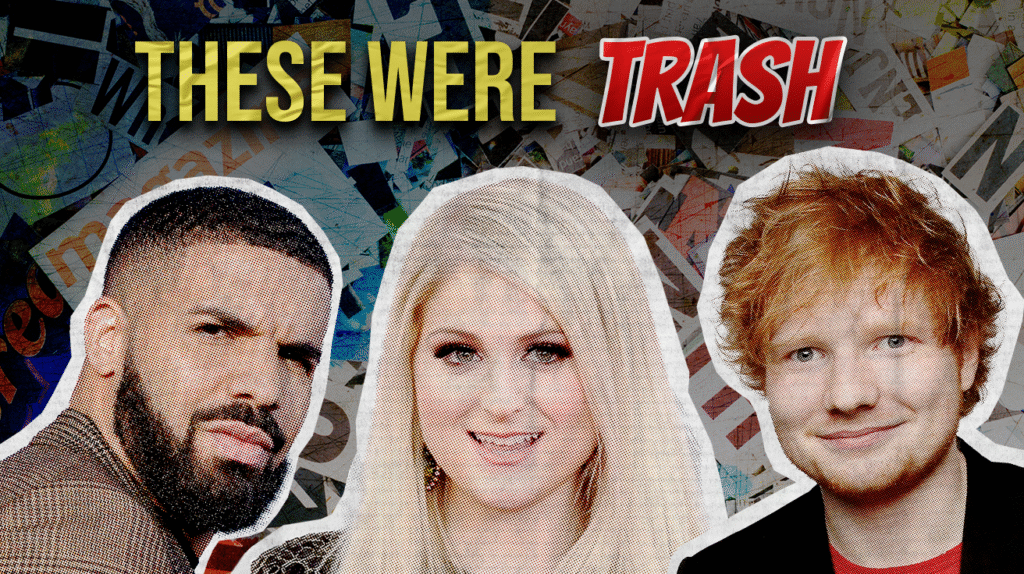
Success in music often masks a twisted reality show where creative merit gets voted off the island while marketability takes home the prize money. What we love as a society often defies critical consensus, creating a schism between what dominates playlists and what deserves respect.
This tension—between mass appeal and actual innovation—fuels the music industry’s most fascinating identity crisis. These songs each climbed the rankings while critics sharpened their knives, showcasing the industry’s greatest magic trick: spinning creative bankruptcy into gold records.
9. Thunder – Imagine Dragons
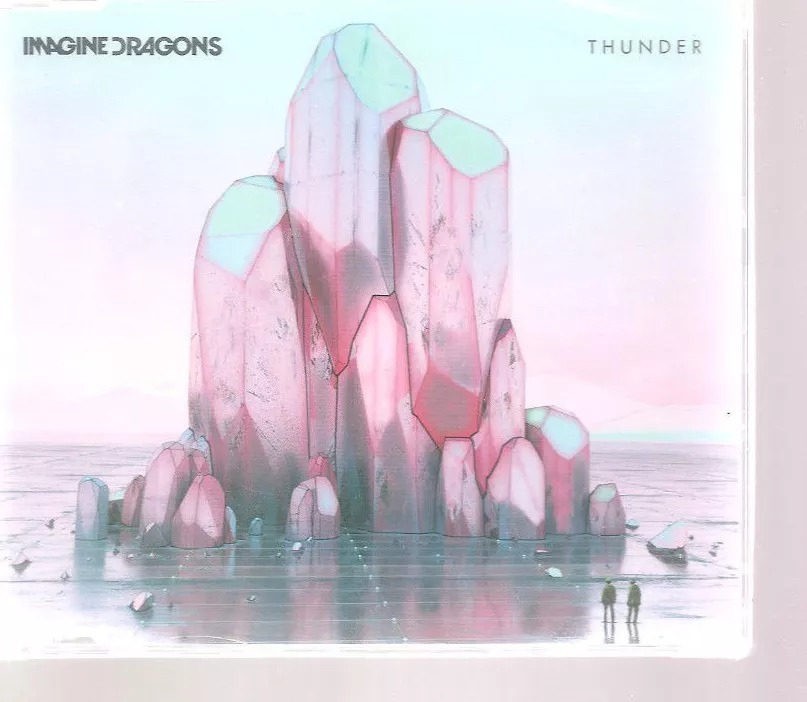
Imagine Dragons’ “Thunder” serves up the perfect soundtrack for when you need background music that actively avoids saying anything meaningful. The number embodies mall-core at its most cynical—engineered for retail spaces and sports highlight reels. It’s the musical equivalent of beige paint: inoffensive, unremarkable, and everywhere.
Its repetitive refrain works like a corporate team-building exercise—mind-numbing but somehow still mandatory. Critics suggested the group specifically crafted it for licensing deals, which proved prophetically accurate as it infiltrated advertisements worldwide. The approach worked, with the song reaching No. 4 on Billboard. If you’re torn between enjoying the catchy melody and cringing at its emptiness, you’re experiencing exactly what makes Imagine Dragons both unavoidable and critically dismissed.
8. Marvin Gaye – Charlie Puth ft. Meghan Trainor
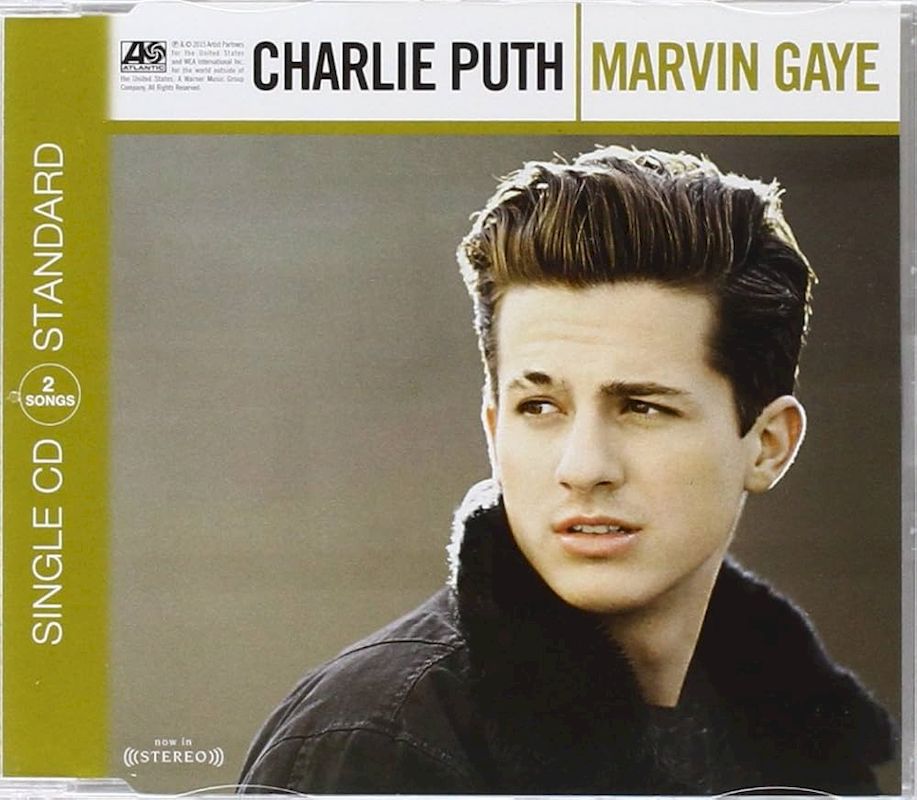
Musical appropriation reaches its peak when Charlie Puth and Meghan Trainor invoke Marvin Gaye’s name for their 50s doo-wop pastiche—like naming your knockoff handbag brand “Coco Chanel.” The song, meant to introduce Puth to mainstream audiences, instead revealed a fundamental misunderstanding of the soul legend’s musical legacy.
Its raunchy lyrics wrapped in retro production created a bizarre tonal mismatch, resembling someone wearing a vintage wedding dress to a pool party. Despite critical scorching, the tune conquered radio in the UK, France, and Ireland, while reaching No. 21 in the US, demonstrating how nostalgia marketing works regardless of execution quality. The recording highlights the industry’s parasitic relationship with Black musical traditions. This number offers a masterclass in tone-deafness for soul music aficionados wondering how Gaye’s revolutionary spirit became reduced to a cheap pickup line.
7. Earth – Lil Dicky

Celebrity environmentalism crashes spectacularly in “Earth,” where Lil Dicky managed to make planetary extinction evoke a bad SNL sketch. Gathering 30+ major artists to create what amounts to a musical version of those “celebrities sing together” pandemic videos, the result was an eco-anthem that made listeners want to side with climate change.
The well-intentioned disaster, released April 19, 2019, relied on stale animal jokes that would make a middle schooler cringe. Similar to watching Leonardo DiCaprio lecture about carbon footprints from his private jet, the disconnect between message and execution undermined any potential impact. Picture sitting through this at an environmental fundraiser—politely nodding while checking your phone, trapped between supporting the cause and enduring musical mediocrity.
6. I’m Good (Blue) – David Guetta & Bebe Rexha
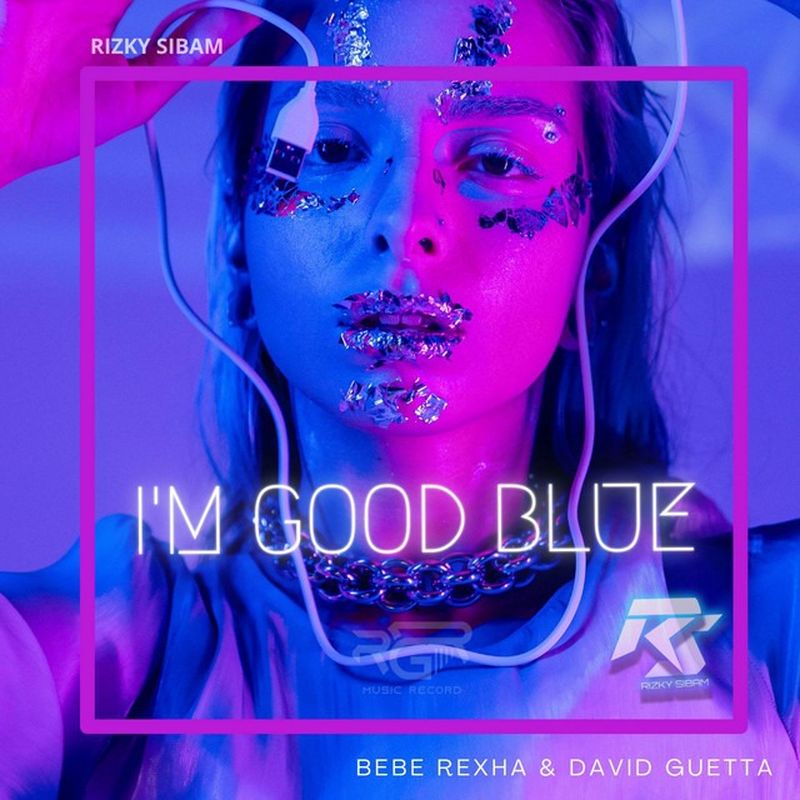
Originality takes a backseat in Guetta and Rexha’s 2022 remake. The fine line between tribute and plagiarism gets completely bulldozed in this barely disguised karaoke version of Eiffel 65’s “Blue,” showcasing recycling at its most creatively bankrupt—stripping a 90s Eurodance hit of its weird charm and replacing it with generic club platitudes.
While the original told an oddly compelling story about a blue protagonist in a blue world, this remake offers nothing beyond vague assurances about having a good time, wherever and whatever that means. It’s the musical equivalent of fast fashion: cheaply made, derivative, and designed for immediate consumption rather than lasting impact. Its success—hitting No. 1 in the UK and Australia, and No. 7 in the US—proves that recycling past hits might be environmentally friendly, but some audio artifacts should remain in their original decade.
5. High Hopes – Panic! at the Disco
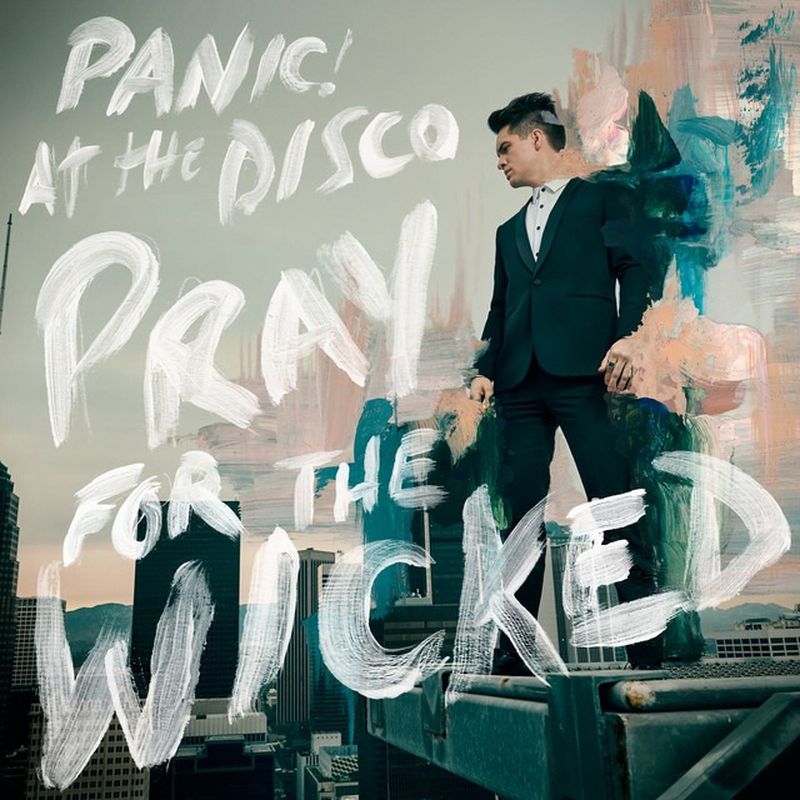
Once indie darlings, now corporate anthem suppliers, Panic! at the Disco’s evolution ranks among music’s most depressing story arcs. “High Hopes” sounds as if it was focus-grouped by HR departments looking for the perfect annual conference pump-up song. It’s Tony Robbins with a beat drop.
The band once defined by sardonic wit and boundary-pushing delivered lyrics that wouldn’t be out of place on a suburban mom’s inspirational coffee mug. Its stadium-ready formula helped it climb to No. 4 on Billboard while simultaneously cementing the group’s creative surrender. The toxic positivity epidemic plaguing modern society found its perfect soundtrack here, offering empty motivation without addressing why we need convincing in the first place.
4. 7 Years – Lukas Graham
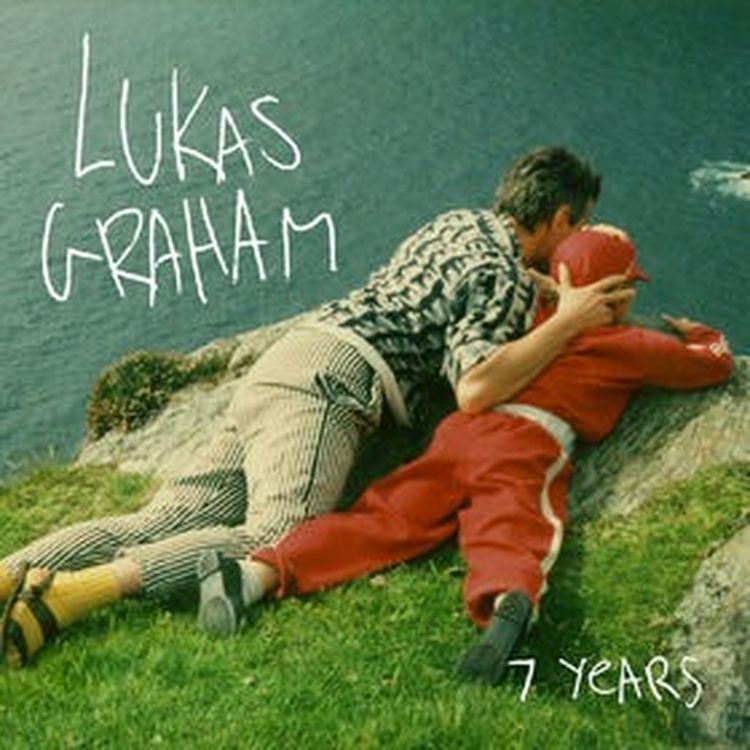
Nostalgia becomes a weapon in “7 Years,” showcasing what happens when emotional manipulation scores a record deal. Often mistaken as a solo artist (Lukas Graham is a band), they created the musical equivalent of those Facebook “memories” notifications—forcing sentiment down your throat whether you asked for it or not.
The song’s schmalzy melodrama reads akin to a self-help book written by someone who just discovered feelings exist. Time magazine crowned it among 2016’s worst offenders, yet listeners couldn’t get enough of its greeting-card wisdom. Like emotional junk food, its appeal lies in its accessibility—requiring zero critical thinking to digest its universal platitudes about growing older. Feeling emotionally disconnected in our fast-paced world? This piece offers the musical equivalent of microwaved comfort food—instantly satisfying but nutritionally suspect.
3. We Didn’t Start the Fire – Fall Out Boy

If you’ve ever cringed at clumsy pandering, Fall Out Boy’s June 28, 2023 cover of Billy Joel’s history lesson anthem delivers that feeling in stereo. Their remake stumbled into the uncanny valley between homage and highway robbery, proving that not every classic needs a millennial makeover.
The band’s checklist approach to updating historical references from 1989-2023 appeared comparable to reading Twitter headlines instead of actual news articles. Joel’s original captured societal zeitgeist with nuance; Fall Out Boy’s version seemed processed through an algorithm. Their hurried Wikipedia-entry approach to historical references dilutes rather than honors the power of the original’s observational strength.
If you’re curious how the trend of disappointing hits continued, the worst albums of 2024 prove the pattern is alive and well.
2. Shape of You – Ed Sheeran
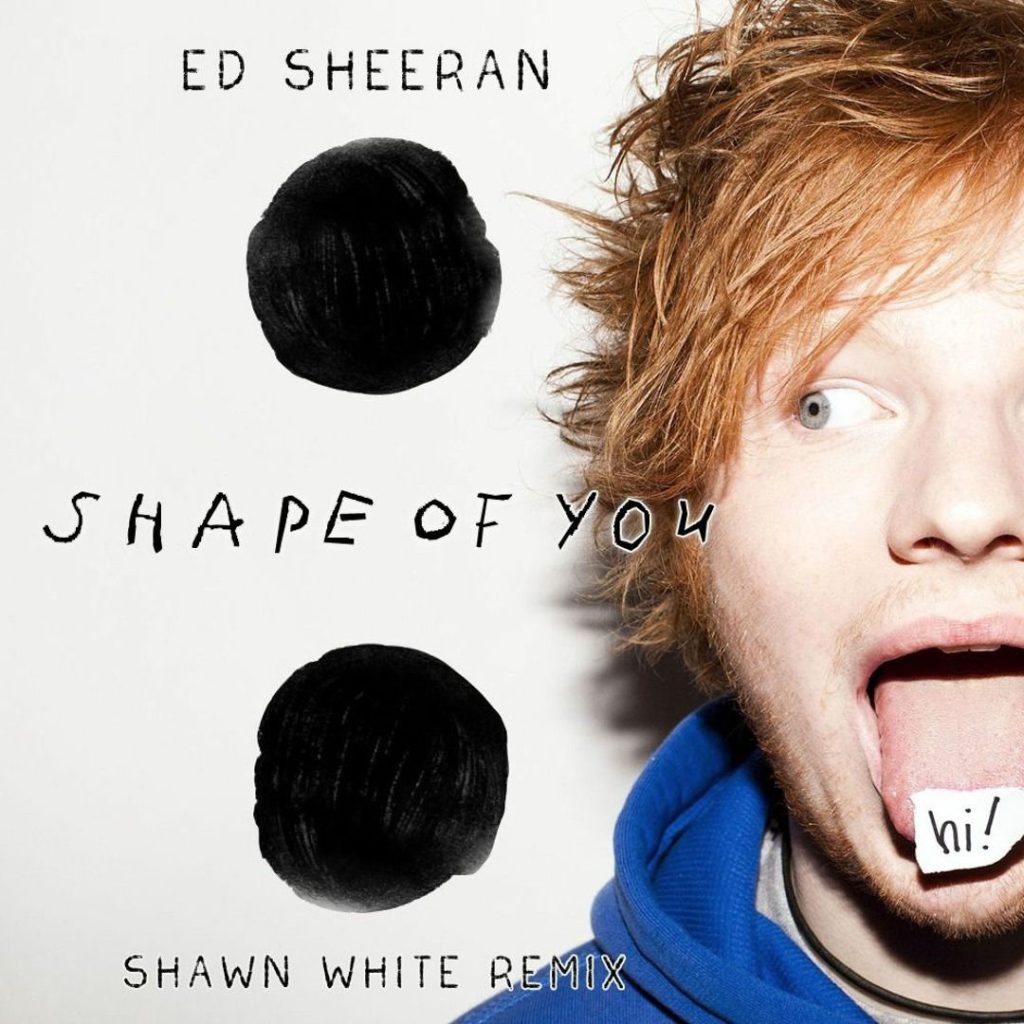
Caught in the tropical house tsunami of 2017? Ed Sheeran’s authenticity drowned first. What happens when the sensitive songwriter with the acoustic guitar decides to chase dance hall trends? You get “Shape of You,” a borrowing spree of global sounds served with a side of calculated reinvention.
Sheeran’s shift from English troubadour to club lothario registered about as authentic as veggie bacon. His skeevy party-boy persona contradicted the earnest balladeer who’d built a career on vulnerability. The strategy paid off handsomely—dominating playlists in 34 countries—but at what cost? The industry gained another streaming champion while losing one of its few genuine voices.
1. Way Too Sexy – Drake ft. Future & Young Thug
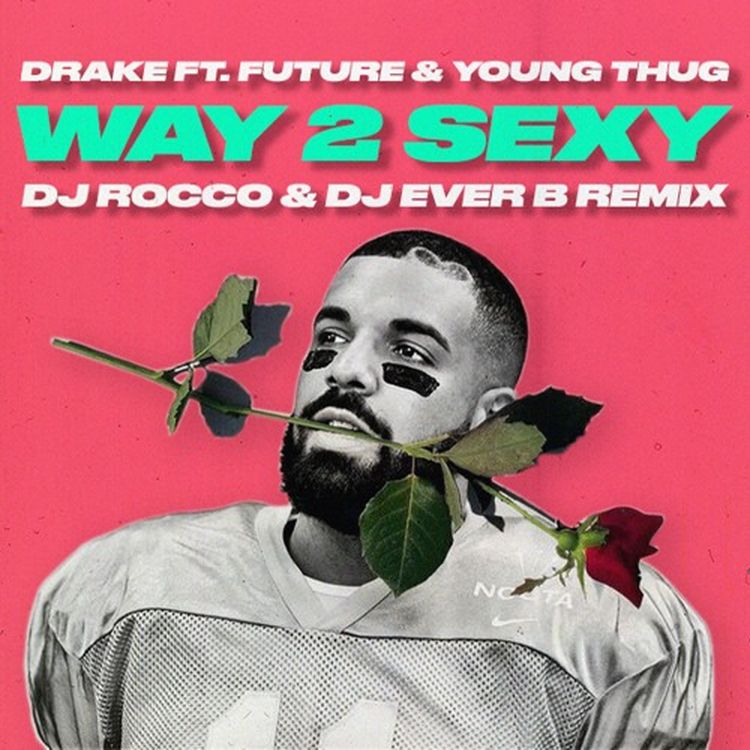
With a billion-dollar ecosystem built on braggadocio, “Way Too Sexy” marks hip-hop’s flex culture hitting rock bottom. Sampling Right Said Fred’s campy club hit while stripping away all the original’s self-aware humor, the song exists as hip-hop’s equivalent of a LinkedIn humble-brag—trying desperately to impress while pretending not to care.
Drake’s creative flatline became gold, debuting at No. 1 on the U.S. Billboard Hot 100, proving that star power trumps substance like rock crushes scissors. Even with Future and Young Thug as collaborative lifelines, the tune was musical empty calories—another Instagram filter applied to the same tired wealth narrative.
In some cases, a song’s popularity or notoriety is tied as much to the artist’s actions as the music itself—discover more about songs ruined by a disgraced musician.




